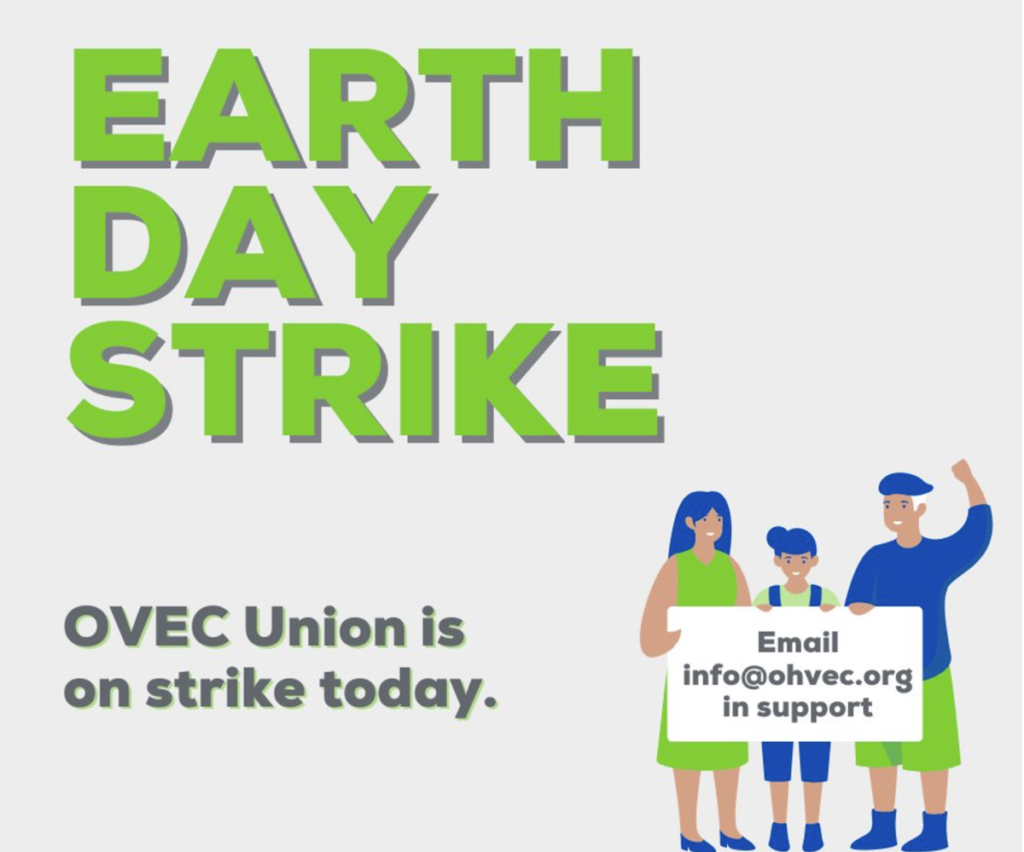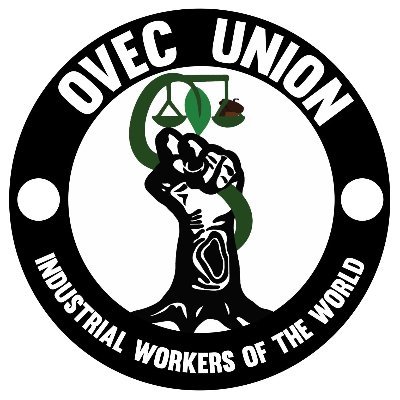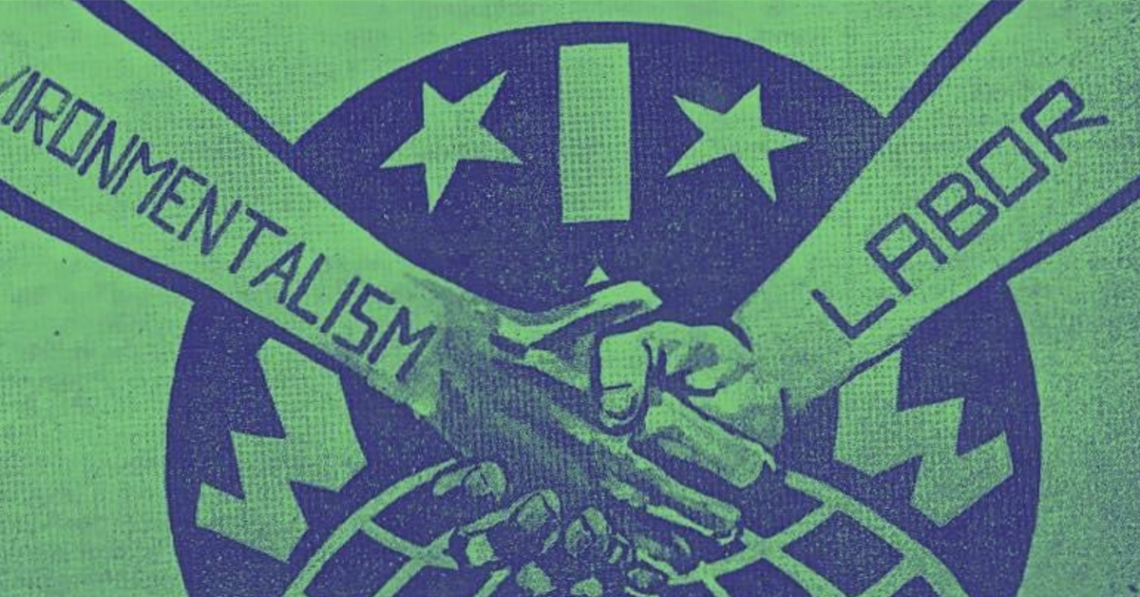The nonprofit industry in the U.S. has seen an upswing of organizing drives in the past few years, with a growing number of the industry’s workers viewing unionization as the best way to ensure that the NGOs for which they work live up to their progressive ideals. Few of the mainstream labor unions that are leading this organizing wave, however, have bothered to reach out to nonprofit workers in West Virginia. The staff at a small environmental justice nonprofit are hoping that their example of organizing with the Industrial Workers of the World can inspire other nonprofit workers in the Mountain State.
Workers at the Ohio Valley Environmental Coalition (OVEC) staged a one-day strike this past Earth Day, April 22, to demand that their Board of Directors voluntarily recognize their union, known as the OVEC Union. The staff publicly announced their decision to organize with the IWW on March 4. The workers said the backlash they have received from some of OVEC’s board members is what sparked them to strike.

Dustin White, OVEC’s Project Coordinator, said that the workers’ decision to unionize started as a series of conversations between the workers about the organization’s future.
“We knew that in a few years we may be expanding our staff and we would have a new executive director and, honoring the values we have as an organization, a union seemed like the logical next step in the progress of our organization and work,” he said.
White also noted that West Virginians’ experience with federal and state governments’ attacks on progressive values inspired the OVEC workers to reflect on issues around equity and diversity within their organization. “A union was the logical next step into creating a stronger OVEC to create an even more equitable workplace than we already had, not just for us, but for any and all new staff.”
The OVEC Union workers said they chose to organize with the West Virginia IWW General Membership Branch both because of the union’s willingness to help them immediately and because of the IWW’s history of organizing some of the most marginalized and disadvantaged workers in the working class.
“The rhetoric and tactics the IWW is so well-known for has the power to inspire people to believe that their conditions can be changed, and to work to change them for the better.”
Staff Member Sarah C.
The OVEC Union had initially hoped to go public with their campaign on Earth Day, but someone in the organization had alerted the management of the staff’s intent to organize. What followed was a captive audience meeting held over Zoom, where the workers had to listen to OVEC Board of Directors member Mike Forman try to dissuade them from unionizing. A former president of National Air Traffic Controllers Association, Forman argued that while a union was necessary for workers like air traffic controllers, workers at a small nonprofit like OVEC do not need to unionize.
An OVEC Union member who wished to remain anonymous for fear of retaliation from management claimed that Forman “lit up a cigar during the Zoom meeting, and he was puffing smoke directly into the camera.”
OVEC staff said that the Board of Directors were divided on whether or not they should voluntarily recognize their union. While four board members supported the union effort, two other members were so actively opposed to the staff’s organizing efforts that they continued to engage in union-busting tactics even after the initial captive audience meeting. The anti-union board members put one of the staff members active in the union campaign on administrative leave, prompting the OVEC Union to file an Unfair Labor Practice claim with the National Labor Relations Board.
Two other members were so actively opposed to the staff’s organizing efforts that they continued to engage in union-busting tactics even after the initial captive audience meeting.
With the anti-union board members refusing to reinstate the suspended staff member or to voluntarily recognize the OVEC Union, the staff decided to strike on Earth Day. They noted that most environmental nonprofits engage in a lot of public relations on Earth Day, so staging a strike would persuade organizations who partner with the nonprofit to support the union.
The OVEC Union received an outpouring of support from other environmental justice nonprofits around West Virginia, including organizational allies like the Sierra Club’s West Virginia chapter and Mid-Ohio Valley Climate Action. OVEC’s Board of Directors, however, still remains divided over whether or not to support the union.
Board member and OVEC Union supporter Kate Lambdin noted that the board did not issue an official comment on the workers’ Earth Day strike, and that tensions are high on the board, with the pro-union members and anti-union members calling for each others’ resignation. “I am not going to ask for any removals,” she said. “I am hoping to heal divides between staff and board. I think these calls for removal only exacerbate the divides.”
Since the board will not unanimously voluntarily recognize the OVEC Union, the workers filed for an NLRB election on April 27. “We are eager to move forward with the election process,” said Sarah C. “We are as a union fully committed to this endeavor and we will see it through to its fruition one way or another.”
The OVEC Union workers remain hopeful that the media coverage their organizing efforts have received will continue to inspire more nonprofit workers in their state to unionize.
“Do it! Don’t wait any longer,” said White, the Program Coordinator. “Especially if you are a nonprofit fighting for progressive issues and social justice, you are entitled to those things yourself. Don’t let them tell you you don’t need a union. It’s your right and in your best interest to have a union at your back.”


